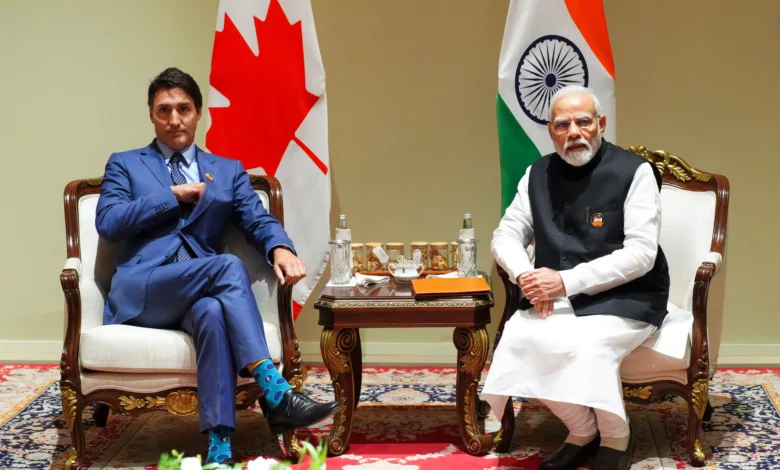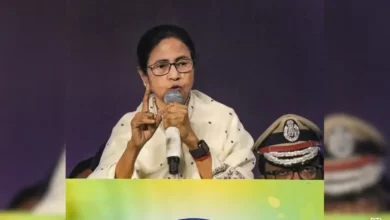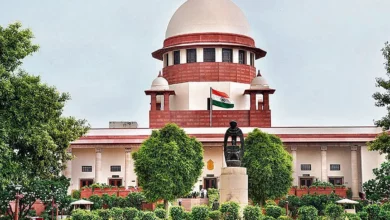
Canada and India remain at loggerheads diplomatically as the respective heads of state profess their desire to discern and address “important issues jointly.
Canadian Prime Minister Justin Trudeau recently sailed to Italy to attend the G7 Summit, wherein he had a chance to meet the Indian Prime Minister, Narendra Modi. While Trudeau said much in general about the problem area, he did not disclose details and only promised to cooperate in the future.
On this very significant and, to some extent, sensitive matter, it was suggested that it is necessary to move in for a follow-up, but there is a willingness to collaborate to address some very important matters; Trudeau said this to reporters.
The meeting will happen against a politicized relationship between the two countries. Canada has claimed that India has provided support and conspiratorial assistance in the assassination on its soil of Khalistani terrorist Hardeep Singh Nijjar. As a result, both countries have declared diplomats of one nation persona non grata and have been removed from the embassy.
India has claimed that its main problem is the “core issue” with Canada, where separatists, terrorists, and anti-India groups freely operate in the North American country. India’s much-hyped claim is that despite loud warnings, Canada has been issuing visas to people with known criminal linkages.
These tensions have been further triggered in the recent past by the arrest of three Indians in Canada about the Najjar murder. Trudeau, however, insists that Canada is a ‘rule-of-law country’ and that the ‘investigation is not confined just to three suspects.’ India External Affairs Minister Subrahmanyam Jaishankar has criticized Canada on this.
However, The two leaders have met only once before, during the G20 Summit India hosted in September last year. Nonetheless, both of the present leaders, Trudeau and Modi, have expressed their intentions to come closer on important issues shortly to heal the bilateral relationship between Canada and India.



